GLOBAL IMPACT REPORT
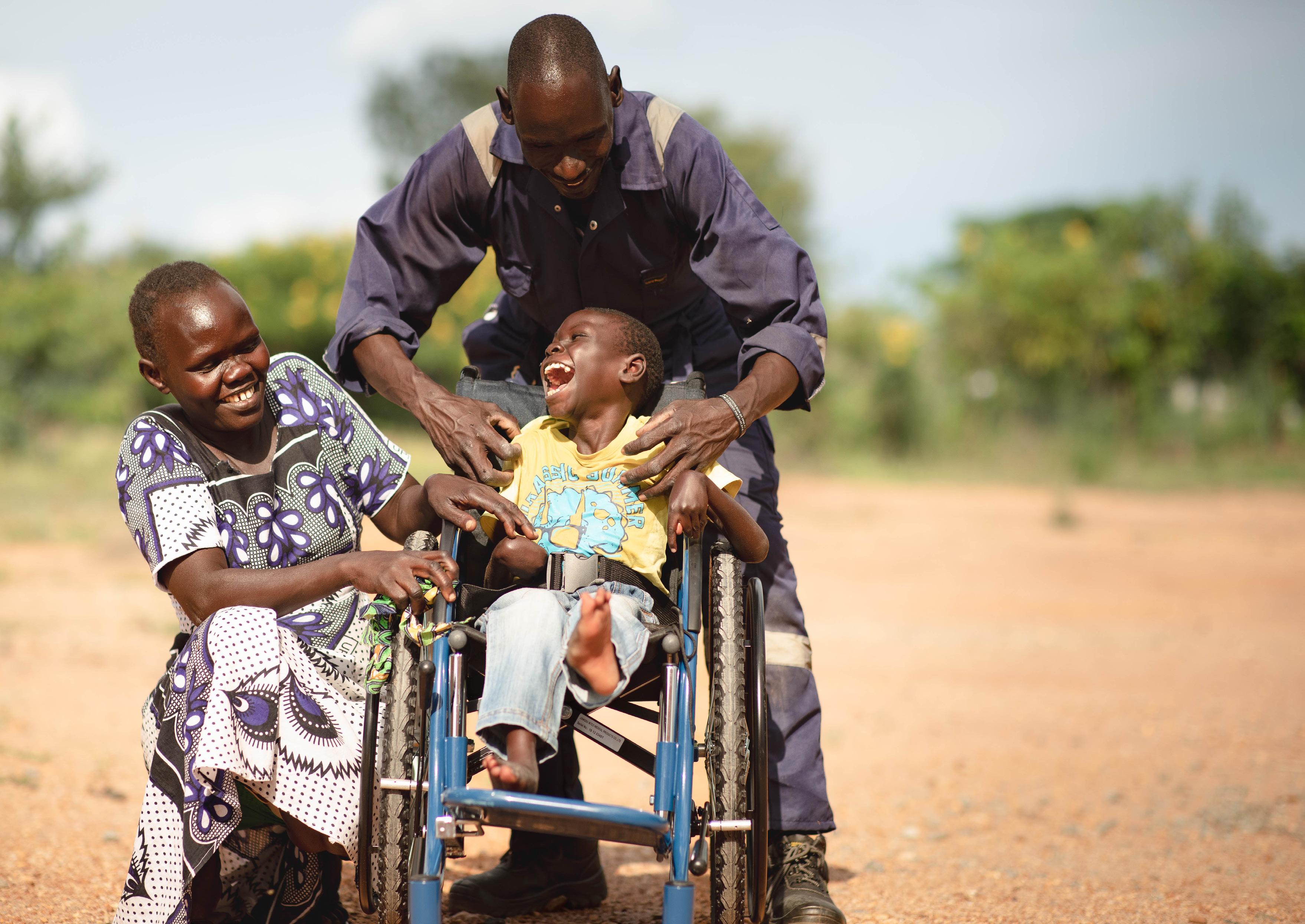
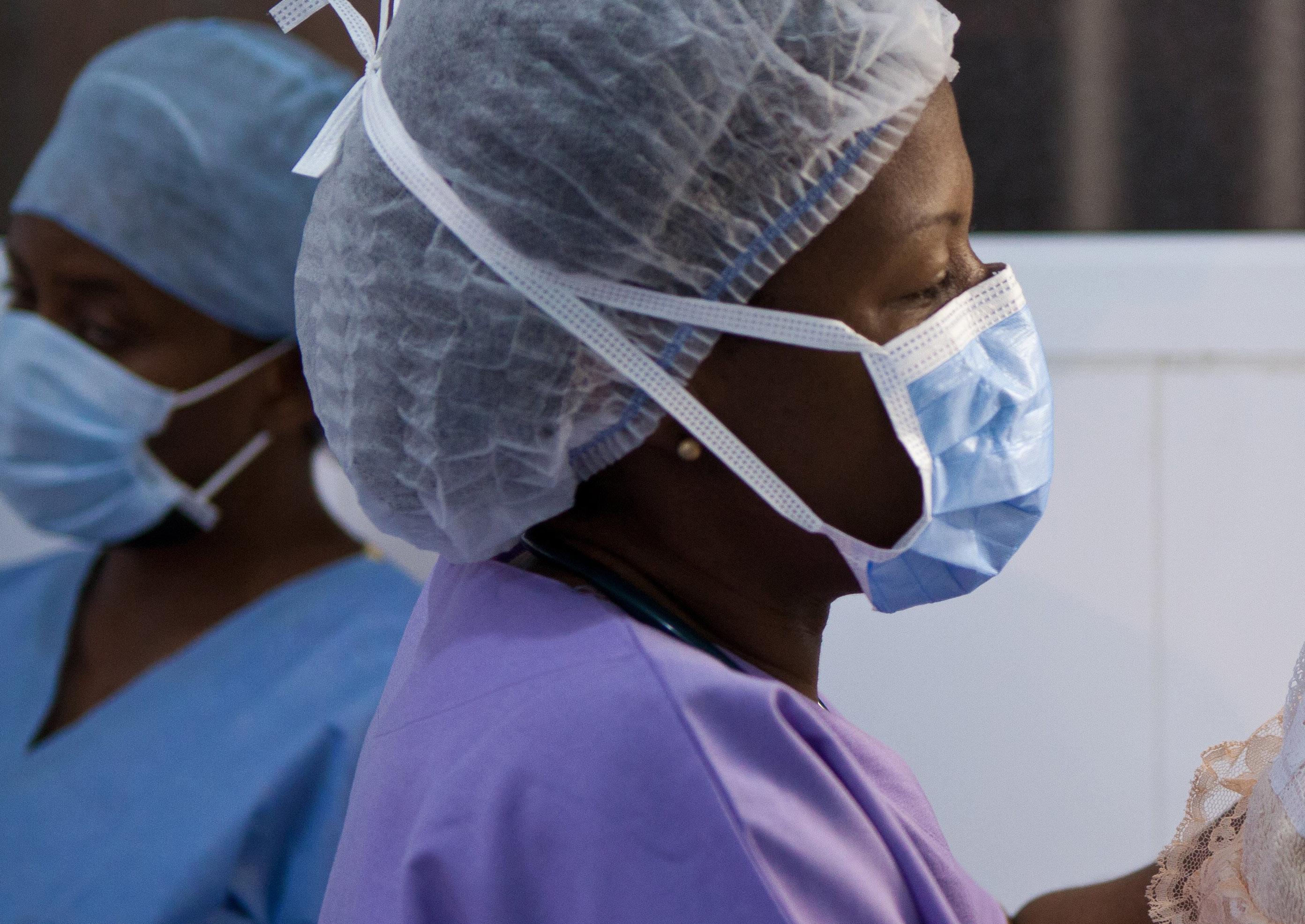
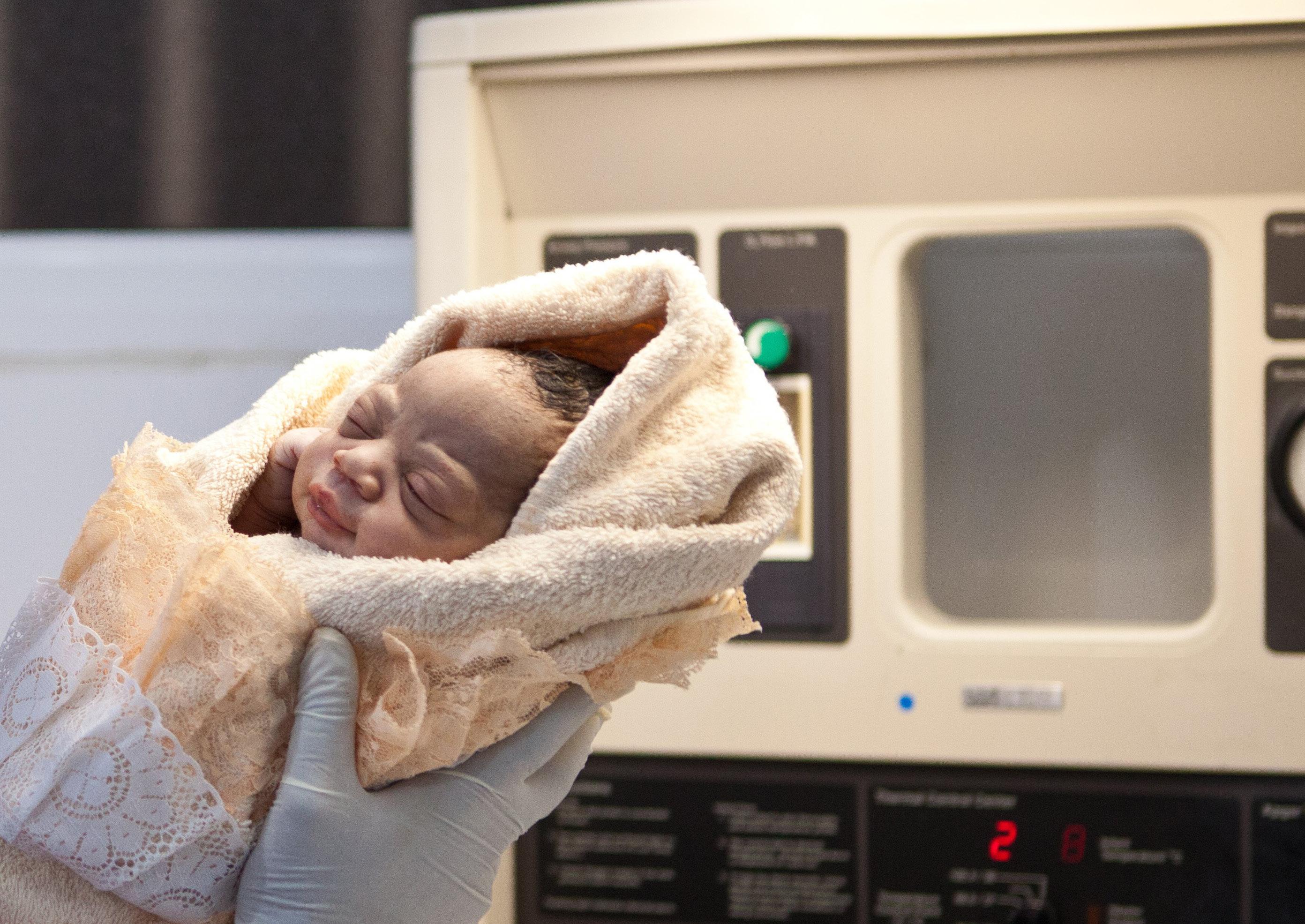




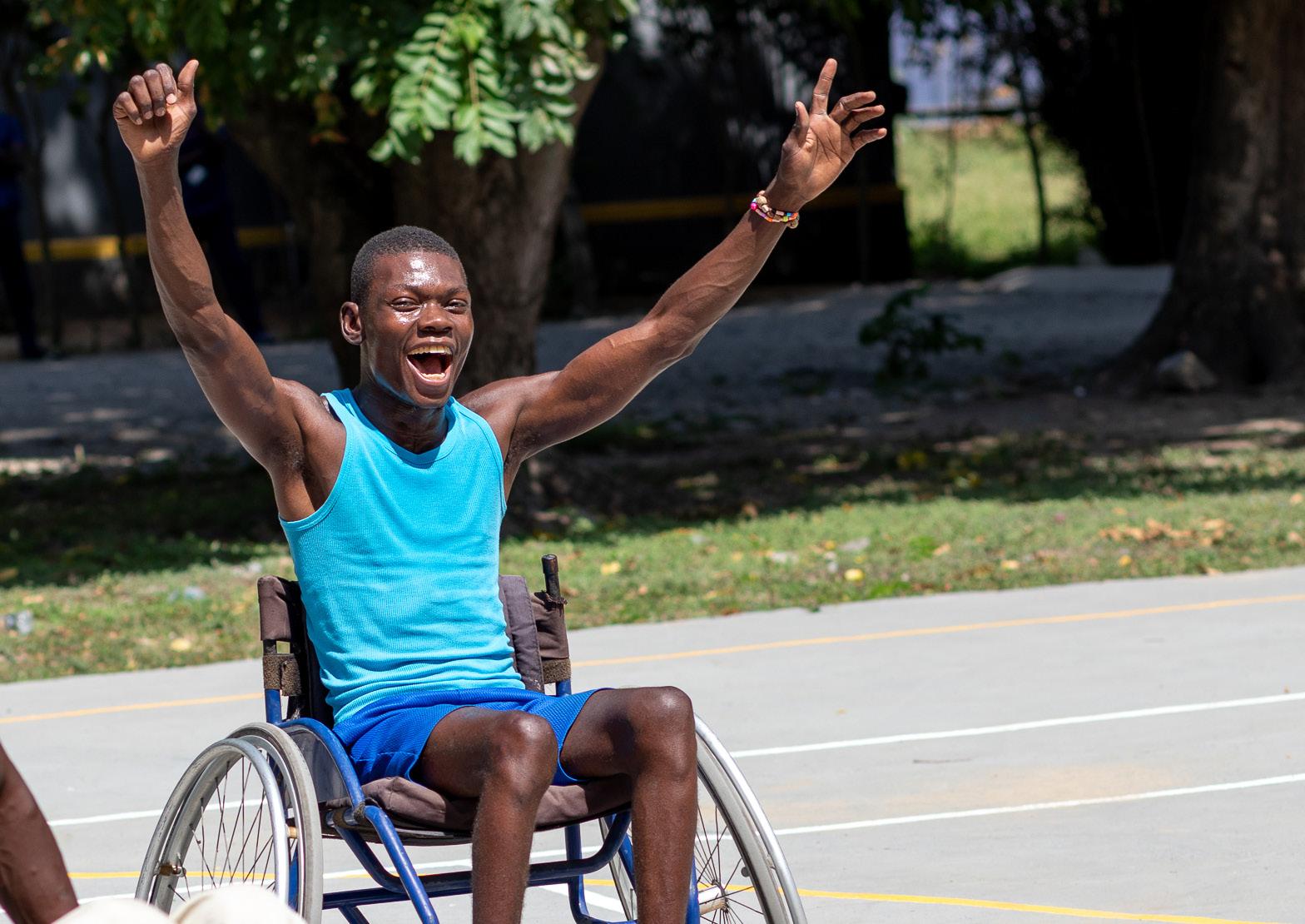
On behalf of all the Hope Health Action team around the world, I’m delighted to share with you our first ever Global Impact Report.
2022 was our 15 year anniversary, and it’s humbling to think how far we’ve come since we first felt God challenge us to respond to the devastating health injustices faced by so many around the world. We are incredibly grateful to each and every one of our supporters, who have helped make our work possible since then; we wouldn’t be where we are today if it weren’t for your incredible support and prayers. This report provides just a glimpse of what’s been achieved in recent years thanks to God’s faithfulness and the amazing generosity of our HHA donors and partners.
However, as we look forward we are incredibly conscious that there is still so much more to do. Haiti is facing a ‘humanitarian catastrophe’ as its capital city spirals out of control, with rising gang violence, political and economic crisis, and nearly half of the population facing acute hunger. Uganda is currently host to over 1.5 million refugees, more than 80% of whom are women and children facing unimaginable challenges. Of these, the majority come from South Sudan, a country devastated by war, where a teenage girl is more likely to die in childbirth than complete school. The injustices we witness in these countries – some of the most vulnerable parts of the world –simply cannot be ignored.
Yet, in the face of these tragic challenges, we remain as passionate and as resolute as we’ve ever been in our mission to provide life-saving health and disability care to the world’s most vulnerable, without discrimination.
As this report shares, HHA is making a real and tangible impact, providing opportunities, dignity and hope to tens of thousands of people each year. Whether it’s saving the life of a premature baby in our partner neonatal unit in Haiti, or providing an elderly South Sudanese refugee with his first ever wheelchair – your support is making a real difference.
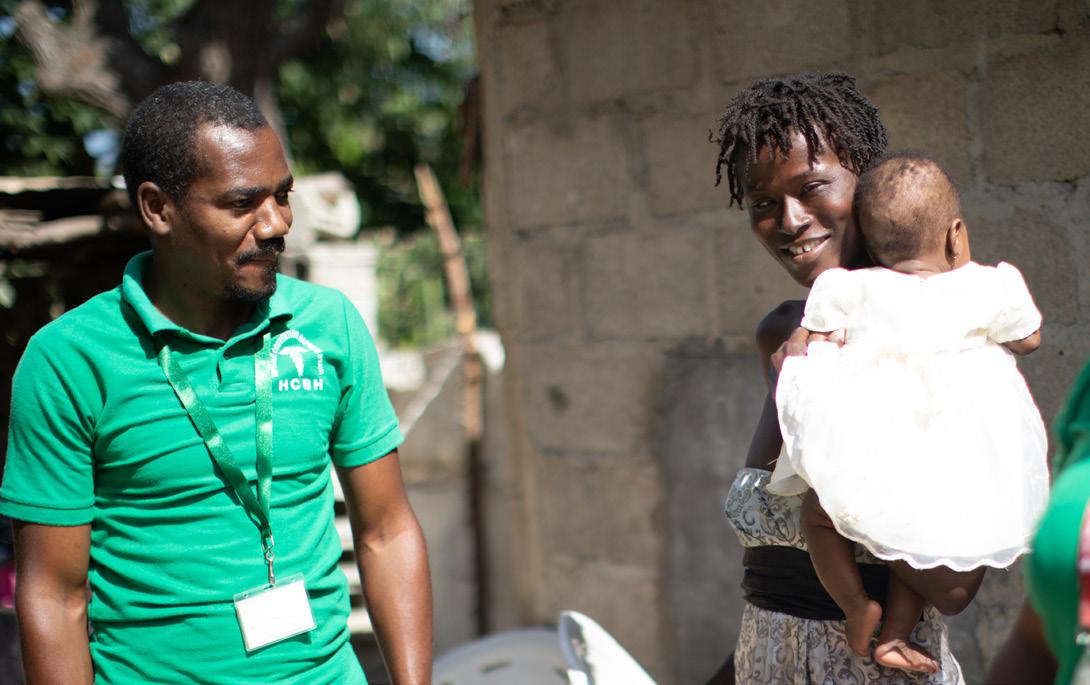
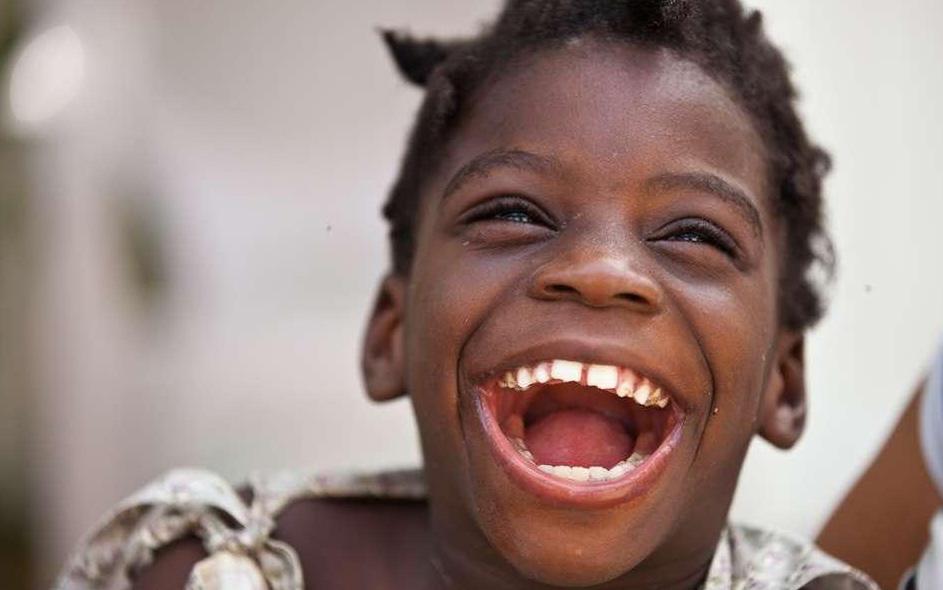
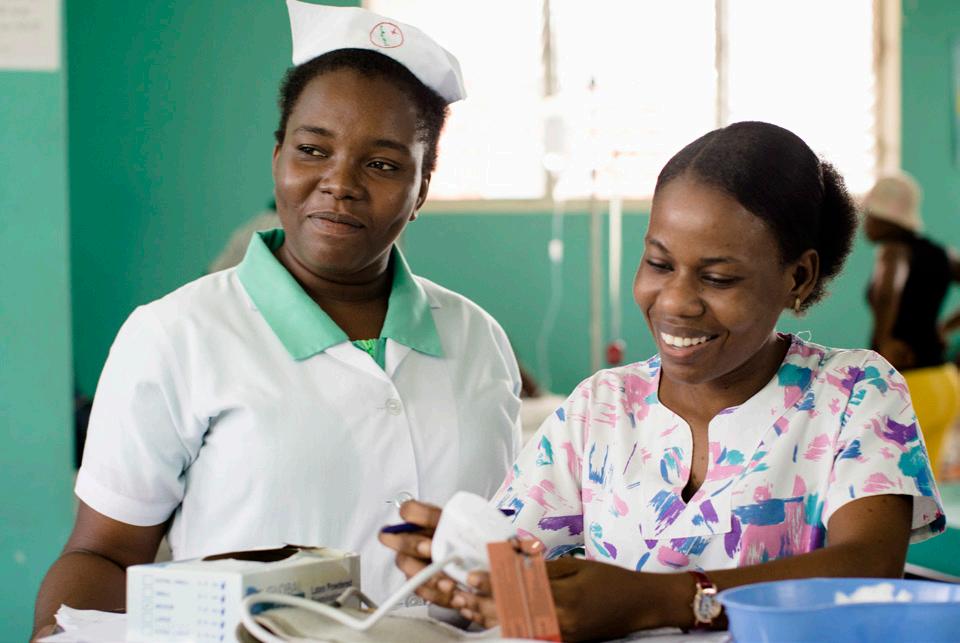
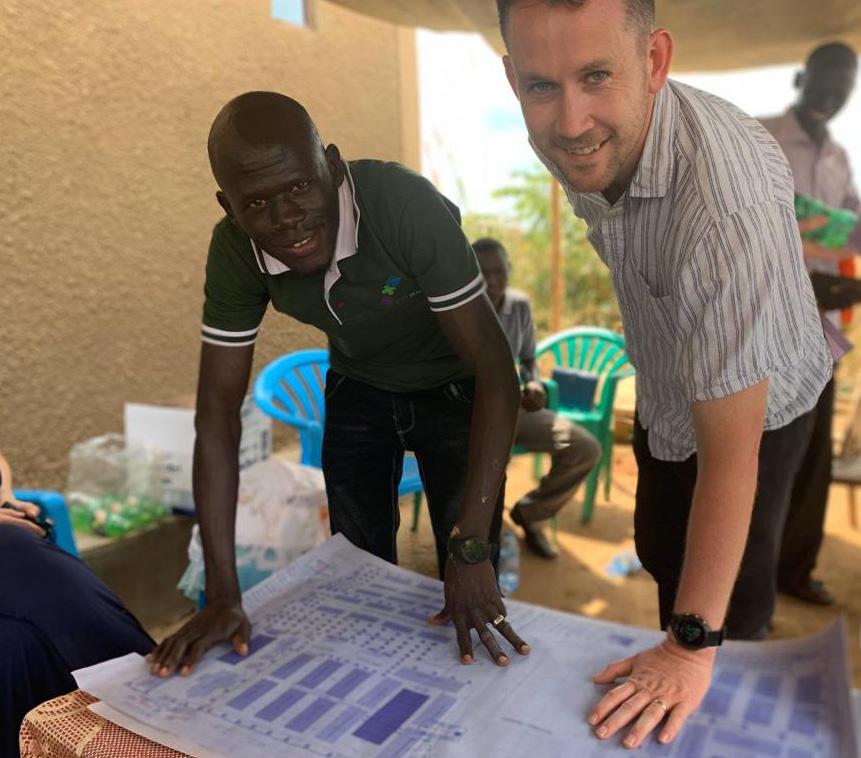
It’s our hope that as you read this report, you’ll be moved by the need, but also inspired by the possibilities for change. Together, we can make a difference. Together, we can bring hope to life.
With many thanks and much love,
 Carwyn Hill MBE CEO and Co-Founder Hope Health Action
Carwyn Hill MBE CEO and Co-Founder Hope Health Action
Inspired by the call of Jesus – to love others as we wish to be loved – our vision is a world free from injustice, made up of inclusive, resilient communities that value the dignity and health of every person.
Our mission is to empower local communities to provide fair and equal access to life-saving health and disability care for the world’s most vulnerable, without discrimination.
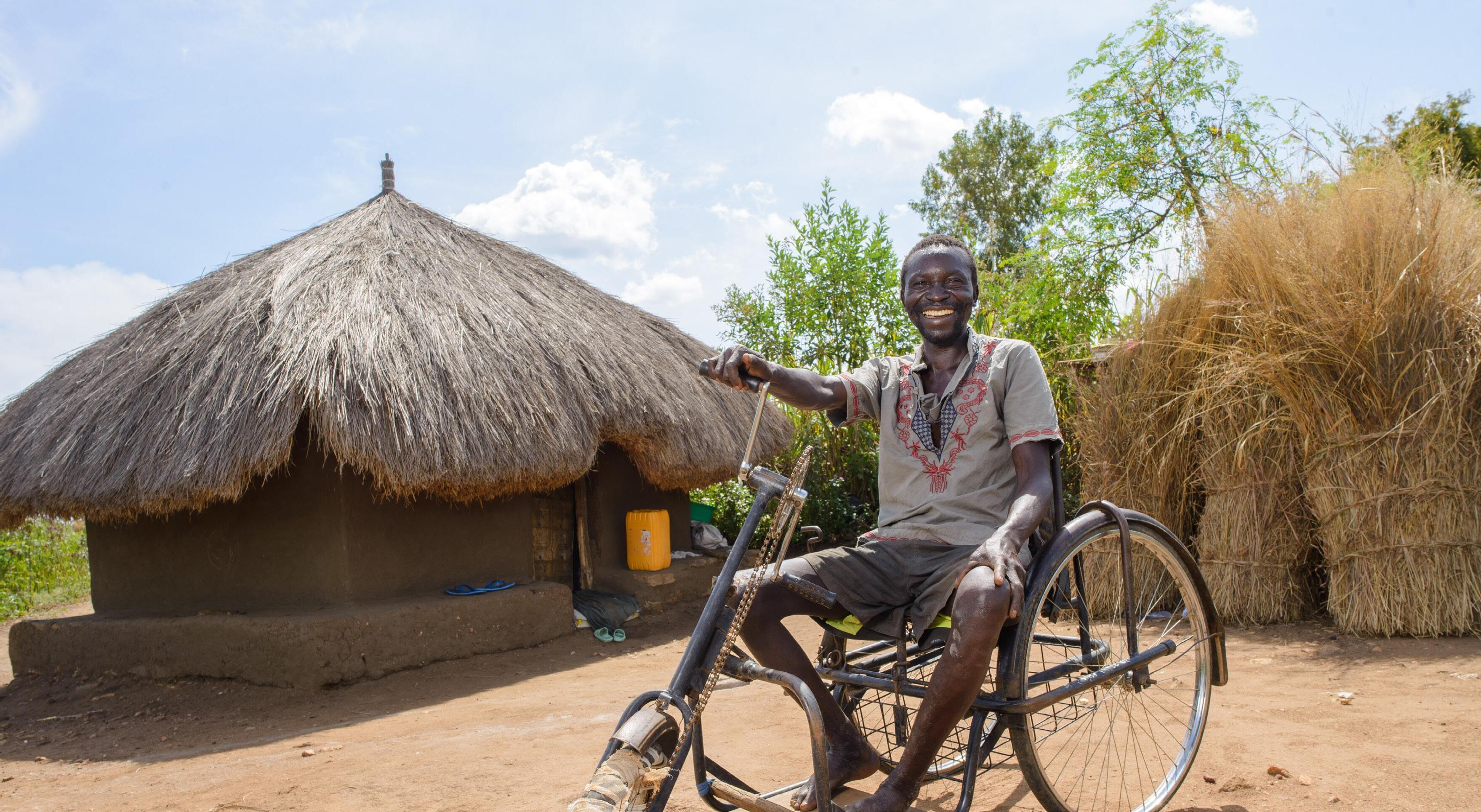
We share hope
We pursue justice
We work with humility and love
We are passionate
We dare to dream
Building capacity to provide life-saving, holistic care for the most vulnerable, meeting physical, emotional and spiritual needs.
Providing dignity, independence and empowerment, increasing visibility and reducing stigma.
Responding quickly and effectively, focusing on the most vulnerable and minimising the long-term implications of crisis.
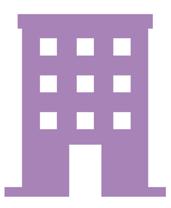
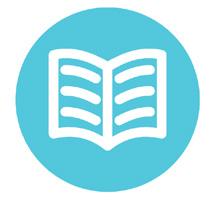
Providing care in hospitals and healthcare centres, with a particular focus on maternal, neonatal, and infant health.
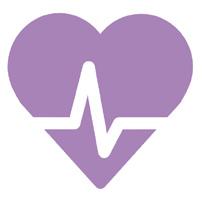
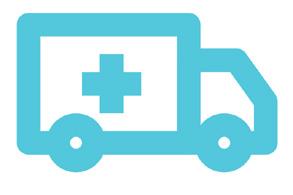
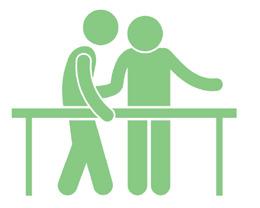
Providing respite care for children with disabilities, inpatient and outpatient care, and physical and occupational therapy.
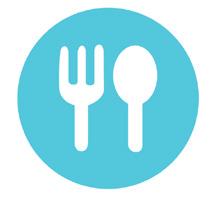
Providing food aid, supplements, and education to combat malnutrition resulting from crises.
Constructing buildings, providing equipment, and improving access to services like electricity and water for healthcare facilities.
Providing wheelchairs, prosthetics, orthotics, and other assistive devices.
Responding to immediate health emergencies - such as COVID-19, cholera, and natural disasters.
Extending our services to communities - identifying and referring beneficiaries, providing care in remote areas, and facilitating public health education.
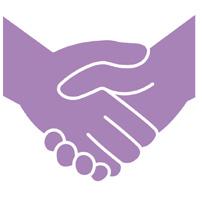
Empowering people with disabilities with skills and opportunities - including livelihoods training, parasports activities, employment and faith-based activities.
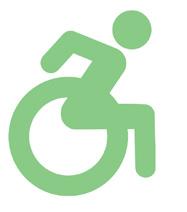
Ensuring that children living in the midst of crisis still receive the education they deserve by supporting local schools.

We live in a world with stark health and disability inequalities, where the most marginalised are often left behind. We work passionately to provide sustainable, long-term solutions that restore hope, share love, and empower communities.
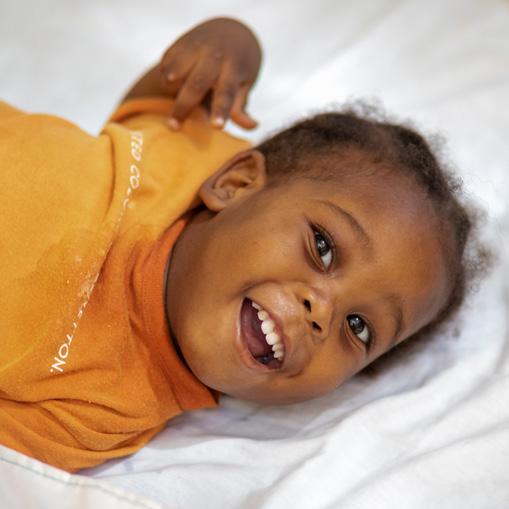
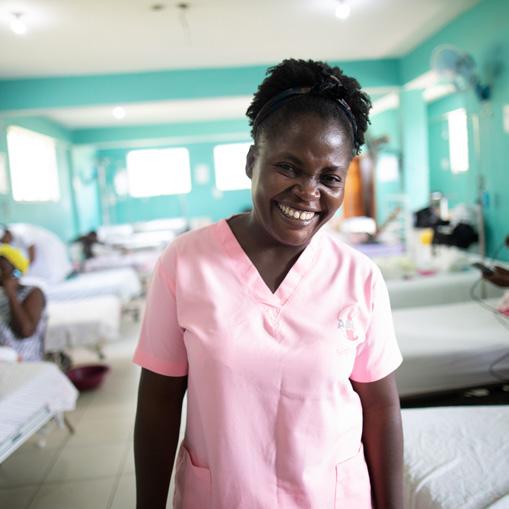

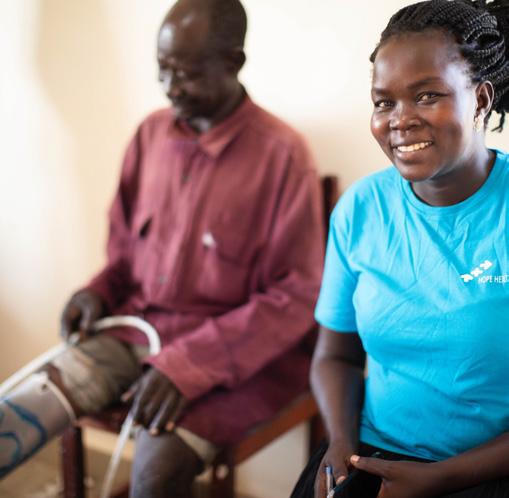
As a Christian charity, we strive to give everyone the love we believe they deserve. That means taking bold actions and stepping out in faith to reach the people that may otherwise be overlooked.
We foster partnerships with local and international organisations that have experience, expertise and connections, with the aim of facilitating knowledgesharing and increasing the efficiency and effectiveness of our programmes.
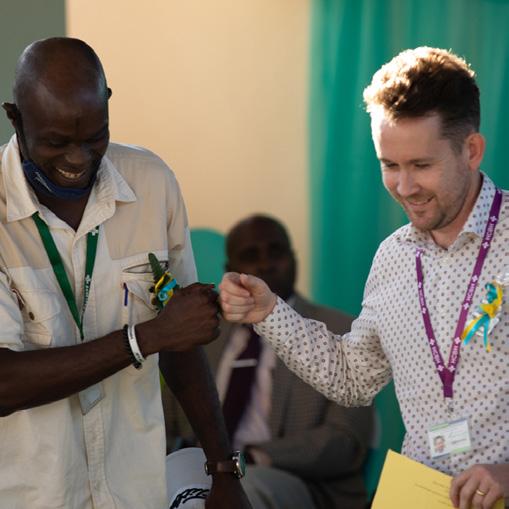
Sustainable projects should be locallyled and should involve the people they are serving – which is why our in-country teams are almost entirely made up of locals, and include people with disabilities, refugees, and internally displaced people.
We invest in infrastructure and technology, provide training for our staff and beneficiaries, and work with our local teams to develop processes to improve efficiency – all with the aim of building long-term local capacity in the communities we work in.
We strongly believe that everyone has the right to a dignified, healthy, hopeful life, free from discrimination – and we pursue this vision by educating, improving understanding, and reducing stigma.
It was really in the crucibles of the [Haiti 2010] earthquake and the cholera epidemic that followed it, that I witnessed the depth of the commitment of this team – and I have to say I was really moved by it. Those two events, and HHA’s responses to them, taught me a lot about what it means to step out in faith.
- Nate Nickerson, long-term supporter and partner

half OF THE WORLD’S POPULATION LACKS ACCESS TO ESSENTIAL HEALTHCARE
65 million PEOPLE GLOBALLY NEED A WHEELCHAIR BUT CANNOT AFFORD ONE
SOUTH SUDAN HAS THE

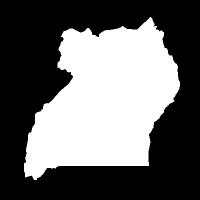

highest maternal mortality
RATE IN THE WORLD
HAITI IS THE poorest COUNTRY IN THE WESTERN HEMISPHERE
UGANDA CURRENTLY HOSTS OVER
1.5 million
REFUGEES - THE LARGEST REFUGEE POPULATION IN AFRICA
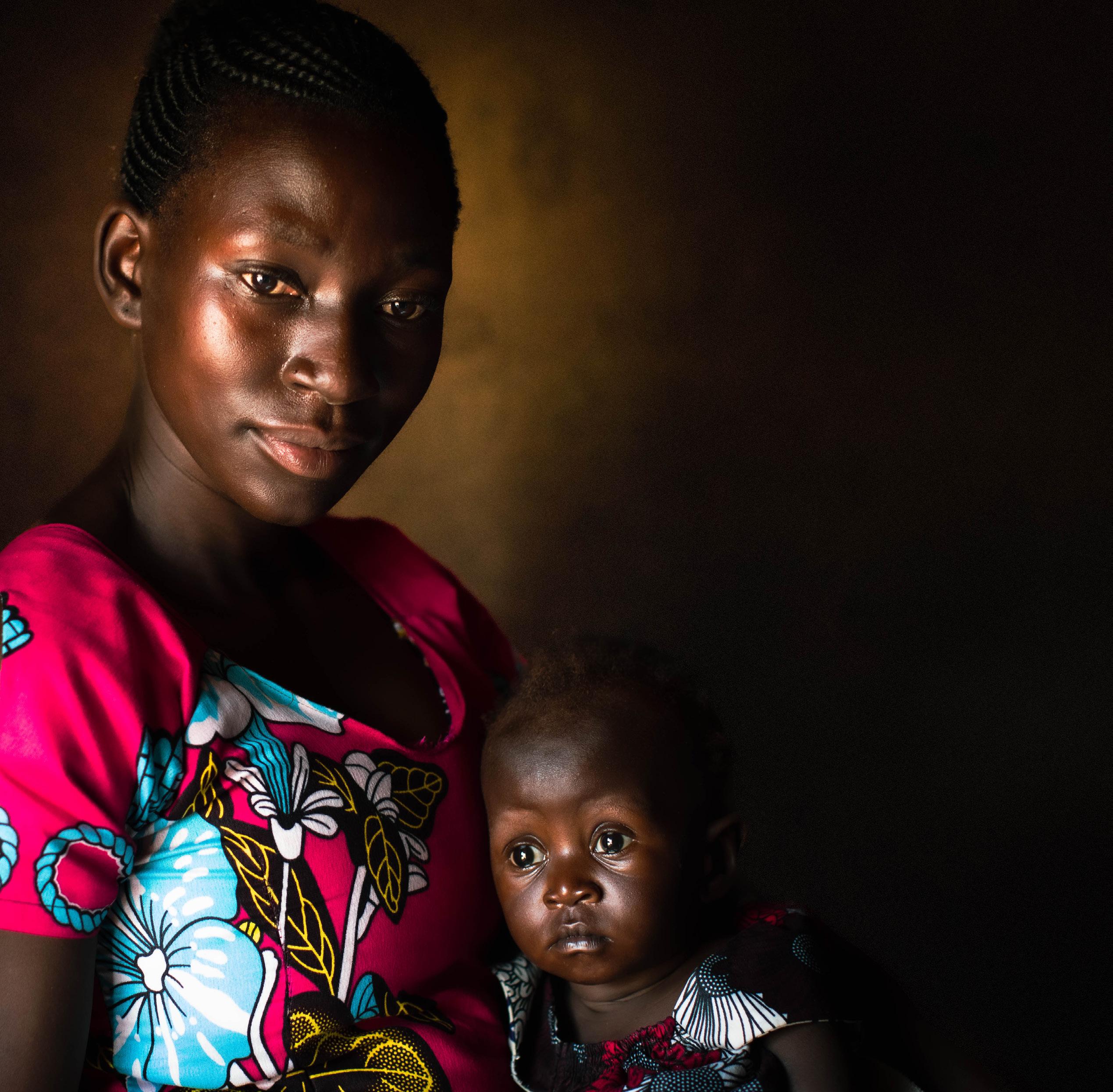
In 2005, our now-CEO Carwyn visited Haiti and was shocked by the injustice of the healthcare system, witnessing the completely unnecessary death of an 11-year-old girl, who died due to a lack of basic materials. Carwyn felt challenged by God to respond to this injustice, and a vision was born: to build a new hospital in Haiti that would provide dignified, compassionate and accessible healthcare without discrimination.
HHA was founded, and we partnered with the Baptist Convention of Haiti to build what is now Hospital

Convention Baptiste d’Haiti (HCBH, pictured below) – a hospital with a team of over 300 staff, that cares for over 35,000 patients each year.
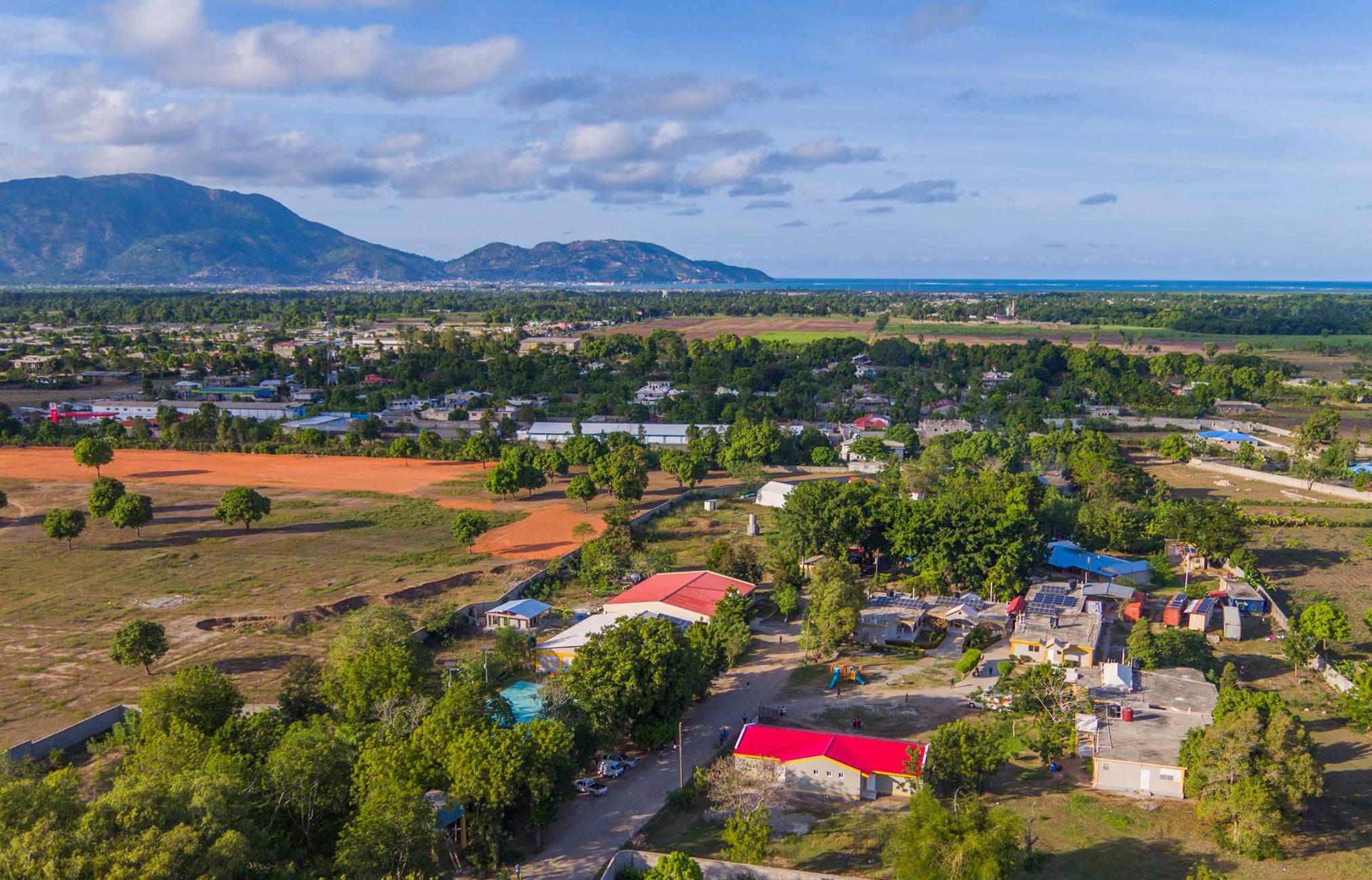
We are so proud that the hospital is now over 50% self-funded, a testament to the local leaders and team. While we still support the operations of specific departments and initiatives at HCBH, the hospital’s progress towards self-sufficiency has enabled us to focus our support more on programme development and capacity building, through process and infrastructure improvements.
1,500 babies delivered on the maternity ward

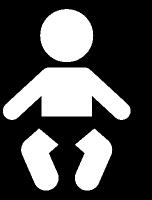
5,400 emergency cases treated
2,100 patients provided with rehabilitation care
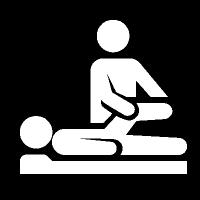
1,000 babies cared for in the neonatal unit
55,000 laboratory tests carried out
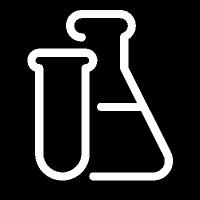
1,000+ wheelchairs provided
Data received from HCBH reports, based on average hospital outputs in recent years
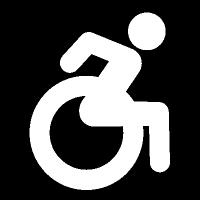
Following the devastating 2010 earthquake, we opened Haiti’s first permanent spinal cord injury (SCI) centre, a 20 bed inpatient and outpatient facility. This has since become a national referral centre providing support for patients with SCI, strokes and other neurological disabilities.
The Maison de Benediction offers day and overnight residential specialist care, education, and therapy for 25 children with disabilities. As well as providing quality care for the children, the Maison also gives parents crucial support and training.
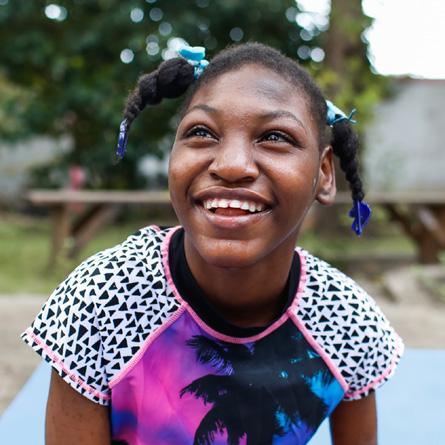
We support one of the leading paediatric and neonatal units in North Haiti, a 30+ bed facility helping to reduce infant mortality rates, including one of very few neonatal intensive care units in northern Haiti.


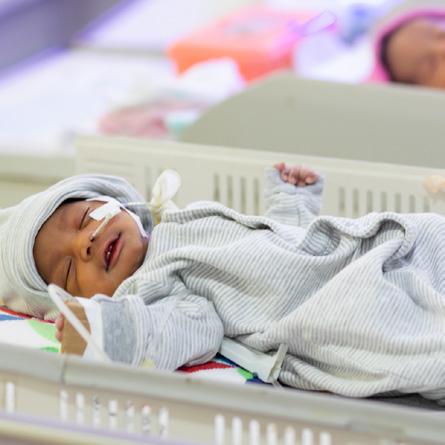
HCBH’s Maternity Unit is a 25-bed facility with two natural birthing suites and an emergency obstetrical operating theatre. It is one of the few units in the north of the country, providing 24/7 emergency obstetrical care, 365 days a year.
Our community health agents run mobile clinics, provide education, give vaccinations and screen and refer patients to HCBH. We also support traditional birth attendants, who provide safebirthing kits and education to facilitate safer home births.
In addition to HCBH’s Emergency Department, which we built in 2015, we support the hospital in their response to natural disasters and health emergencies. Most recently, this included opening one of the few WHO-certified COVID-19 inpatient units and supporting a Cholera Treatment Centre.
We run the HHA Walkabout Wheelchair Centre, a central distribution hub that provides wheelchairs across Haiti. We work with 36 partners to reach beneficiaries in seven of the ten departments of the country.
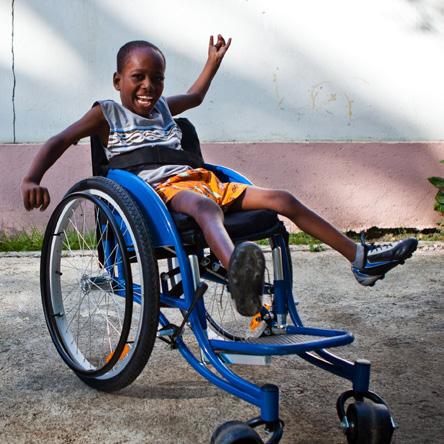
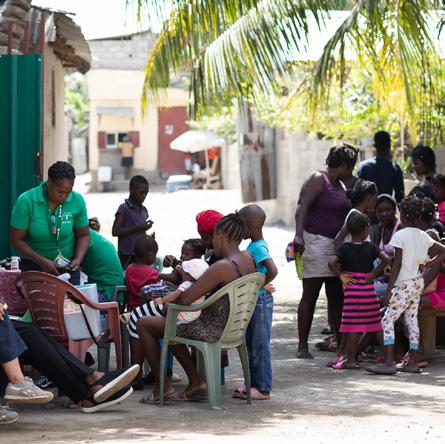
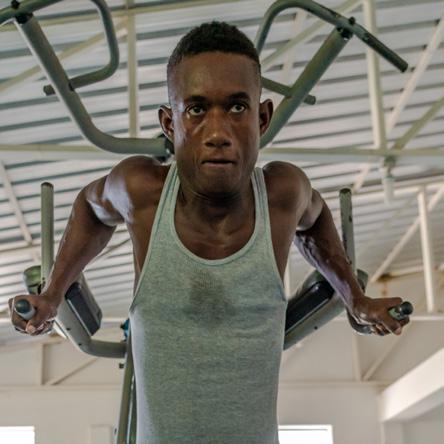
We have invested in a range of infrastructure projects at HCBH, including a solar electrical system – a vital source of sustainable power to mitigate against the national fuel crisis – and a system that provides clean water to all the buildings in the hospital.
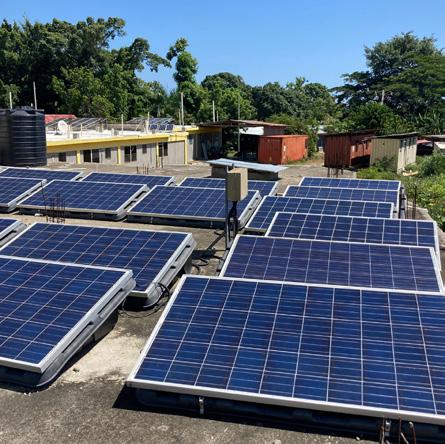
Marie-Josue Lewis lives in a village just outside of Cap-Haitien, a city on the north coast of Haiti. Like many women in Haiti, when she was expecting a baby, Marie-Josue decided to give birth at home. Home births in Haiti are common, but often take place without the presence of a skilled professional. This makes them incredibly risky, and contributes to the country’s high maternal and infant mortality rates, which are the highest in the Western hemisphere.
Thankfully, Marie-Josue was supported through her delivery by one of the traditional birth attendants (TBAs) that HHA supports. All went smoothly with the birth, but after a few moments of life, her newborn baby girl Marie-Love experienced severe breathing issues. Our TBA quickly noticed that something was wrong, and transported mother and baby to our partner hospital, HCBH.
Marie and Marie were met at our neonatal intensive care unit (NICU) - one of the region’s leading neonatal units. Marie-Love was put on a CPAP to help with breathing, phototherapy to treat jaundice, and both mother and baby received regular attention and care from the nurses. After three days together in the hospital, Marie and Marie were able to return home, both healthy, to their family.
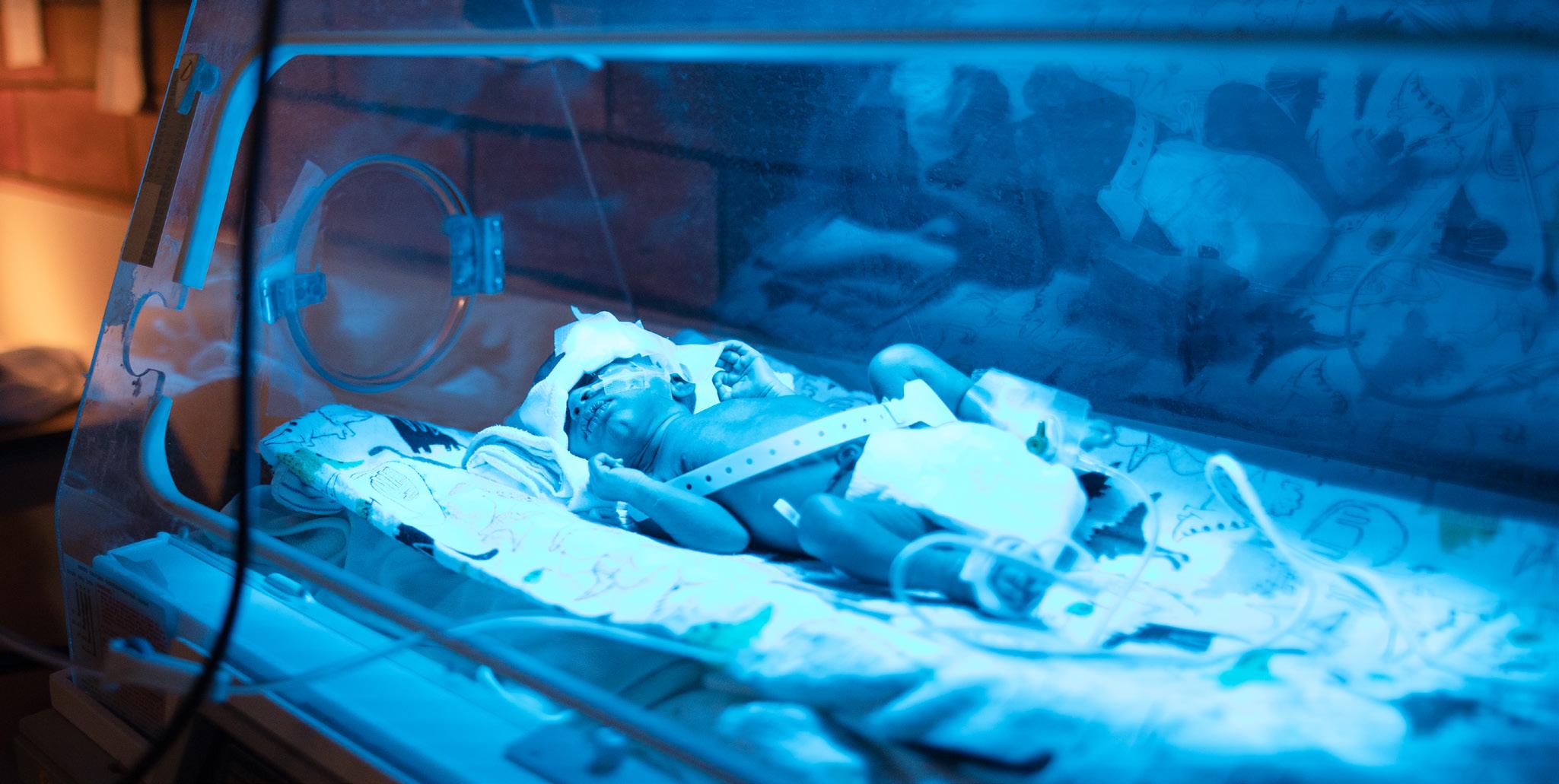
Marie and Marie’s story is a stark illustration of why our holistic approach to maternal and infant health work in Haiti is so vital. Not only did our TBA assist Marie-Josue in delivery, but also quickly identified the complications and helped transport the family herself to the hospital. There, they were met with a prepared NICU team, who had the equipment and resources to effectively diagnose and treat little Marie-Love.
Without HHA’s intervention, this story could have had a very different ending. That’s why supporting mothers and babies is one of our key priorities in Haiti - and will continue to be until every woman and child is treated with the compassion, expertise and care that Marie and Marie received.
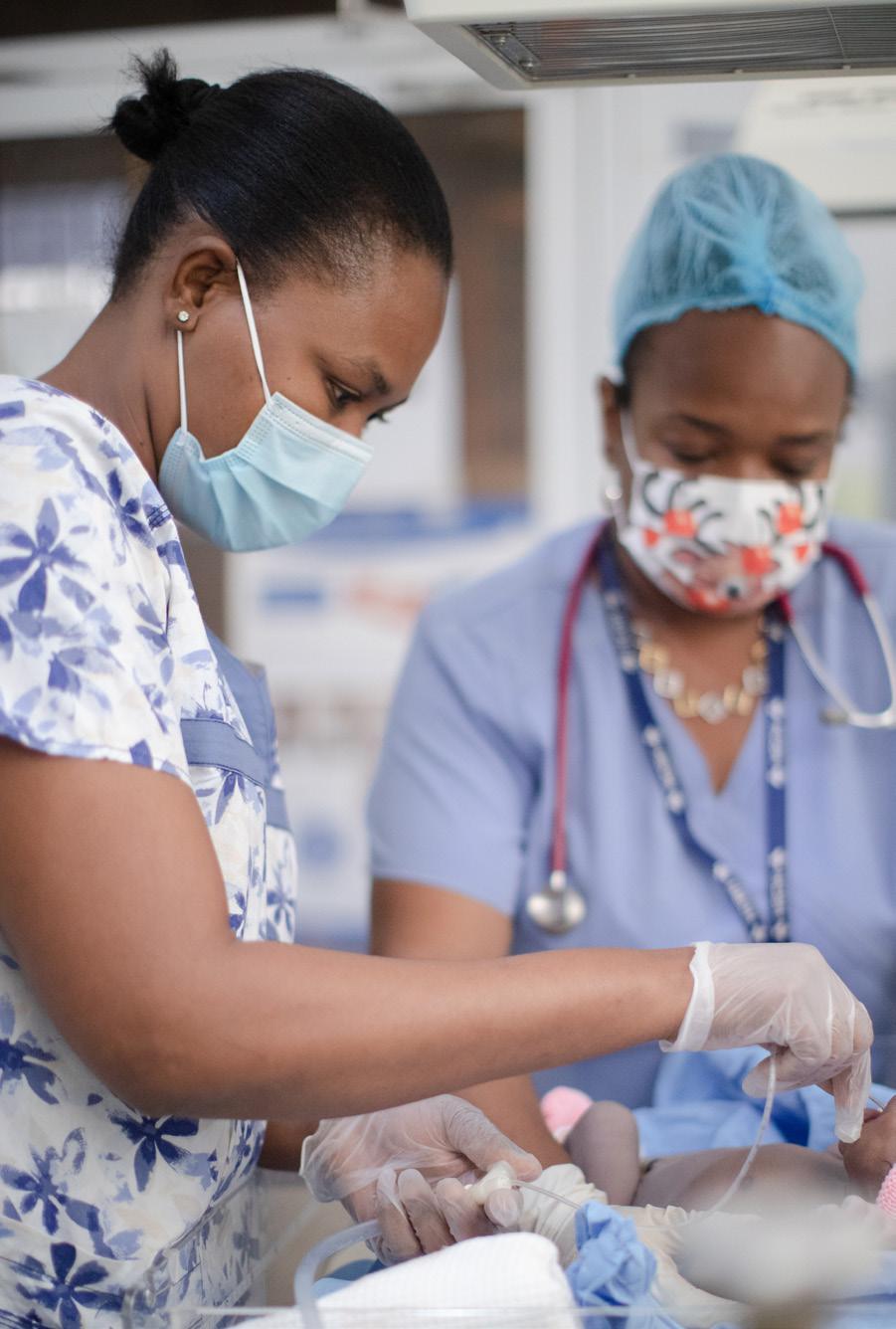
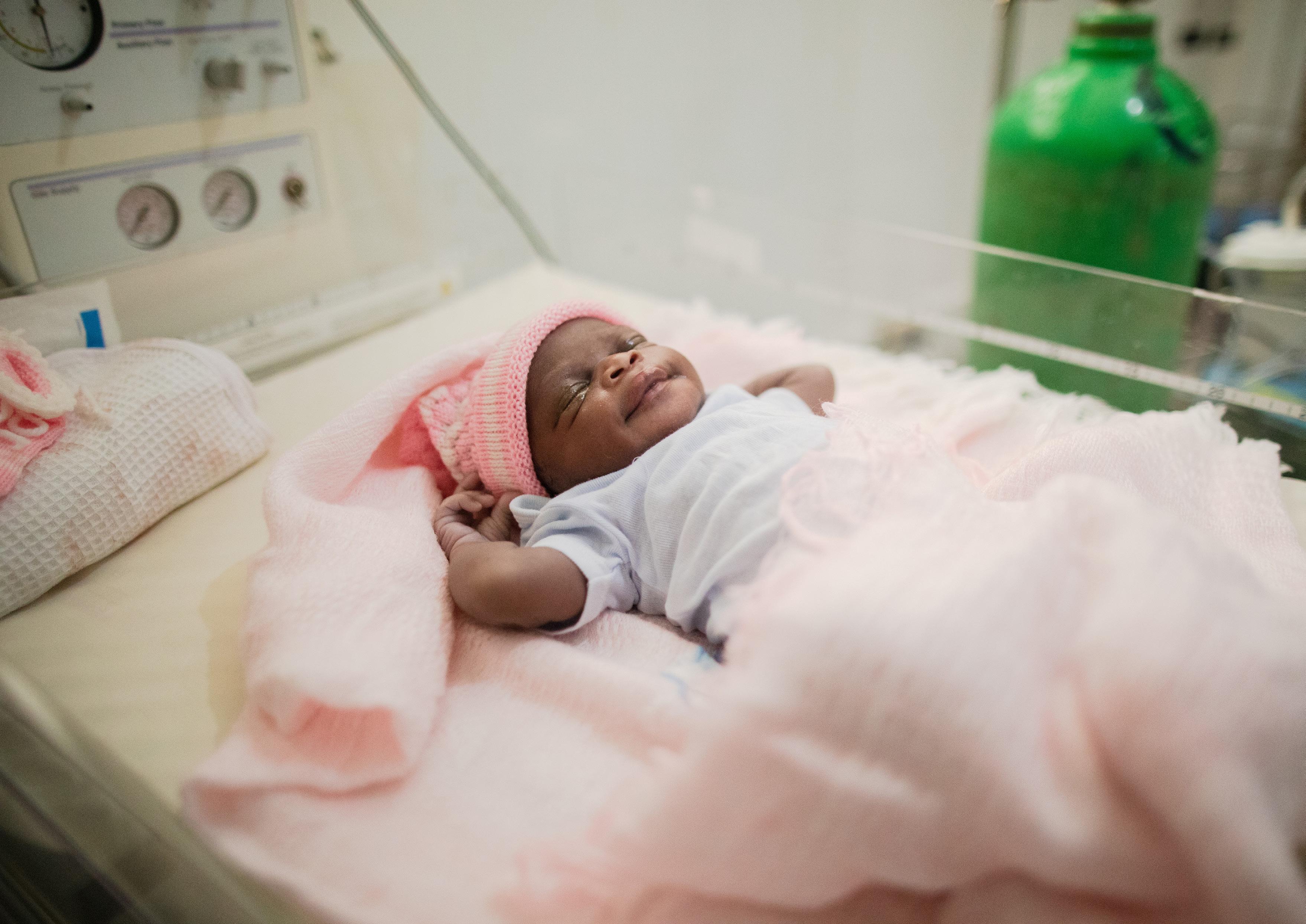
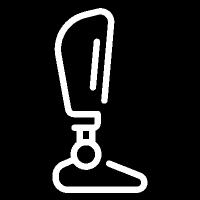


As HHA approached its 10 year anniversary in 2017, we felt called to tackle the health inequalities in other fragile countries. After conducting needs assessments and much prayer and discernment, we decided to expand our work to South Sudan, particularly in response to the horrendous infant and maternal health statistics, which were worse even than Haiti’s.
Just months after we began work in South Sudan, the civil war arrived in the area, devastating the community and forcing our team to become refugees in Uganda. The context had shifted, but our commitment to supporting the most vulnerable remained steadfast, and we refocused our efforts on serving refugees and internally displaced persons (IDPs) across northern Uganda and South Sudan. The need was huge, and our work began with a range of projects to provide health and disability care, education and nutritional support.
In 2021, we established a more permanent base in East Africa, building New Hope Rehabilitation Centre in Bidibidi refugee settlement in Ugandaone of the largest refugee settlements in the world. From here, we provide wheelchairs, prosthetics and orthotics services, physical and occupational therapy, and community outreach. We also carry out large-scale emergency food-aid and agriculture and livelihoods projects, which support vulnerable refugee households, especially people with disabilities.
In 2023, we were incredibly excited to finally return to Kajo Keji, the community where we first began work in South Sudan, to build a health centre. From here, we will provide care to an estimated 500 patients each month, through maternal health consultations, community outreach, and mobility aid provision.

HHA East Africa now has a team of over 80 Ugandan and South Sudanese staff, many of them refugees and IDPs themselves, and reaches thousands of vulnerable people every year.
1,100+ wheelchairs provided

8,000+ beneficiaries reached with nutrition and agriculture livelihood projects
1,600 patients provided with physical and occupational therapy

8 schools for displaced children supported
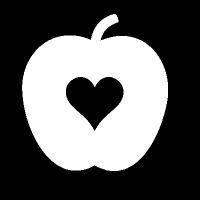
7,000+ children reached with therapeutic food to treat acute malnutrition
420 patients provided with prosthetic and orthotic devices
From NHRC, we provide wheelchairs, prosthetics and orthotics, physical and occupational therapy. In the last three years, the centre has gained regional and national recognition for its care for persons with disabilities (PWDs) and has become recognised as one of the leading outpatient rehabilitation centres in Uganda.
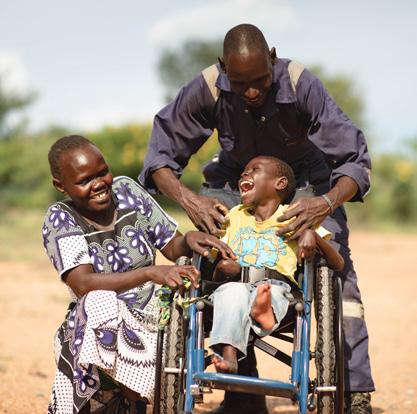
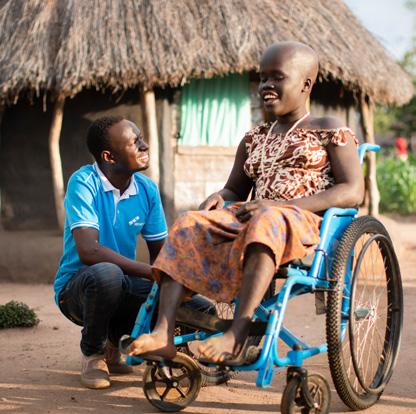
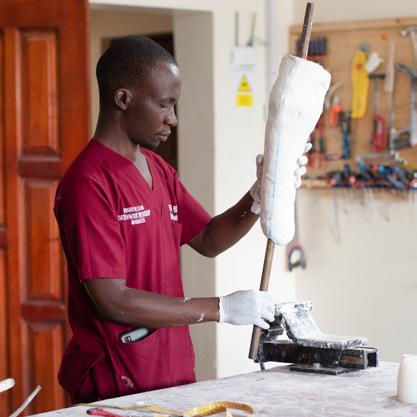
NHRC has a dedicated team of 27 CBR workers. Alongside acting as a referral pathway for the centre, they also provide education and support to help PWDs feel valued members of their communities, including tackling the severe abuse and discrimination many PWDs face.
Because of the significant need and lack of other services in the region, the geographical size of our target region is large. NHRC’s Mobile Rehabilitation Unit has enabled the centre’s team to travel to more remote areas and ensure communities that may struggle to access NHRC can still receive the care they need.
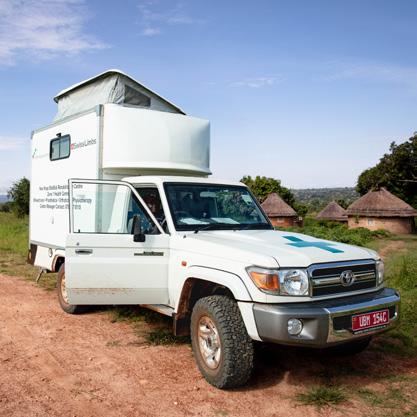
As part of our response to the refugee crisis, we support schools for refugees, so that children who have been forced to leave their homes still receive the education they deserve. This includes constructing buildings, providing resources, installing solar power, improving sanitation, and providing teacher training.
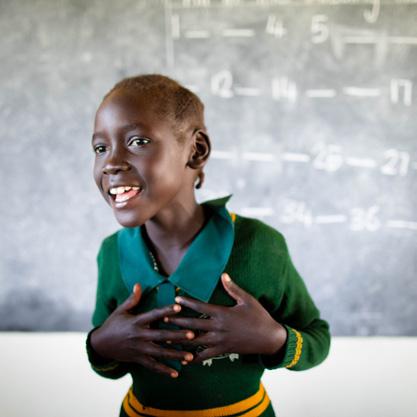
We provide health teams and clinics in the refugee settlements with devices to screen for high-risk pregnancies, making sure that these women are identified and referred for care quickly and effectively.
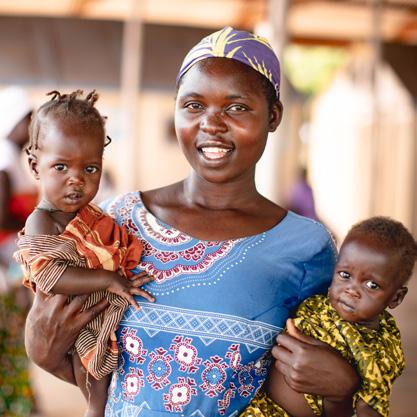

We have helped deliver over 7,000 boxes of Plumpy’Nut - a life-saving therapeutic food - to the refugee settlements in Uganda, helping to fight severe and acute malnutrition. We also provide emergency food aid to deal with the immediate food insecurity in the communities we serve.
We aim to sustainably improve the nutritional status and food security of vulnerable refugee households by providing seeds, land, tools and training so that they can produce crops to consume and sell.
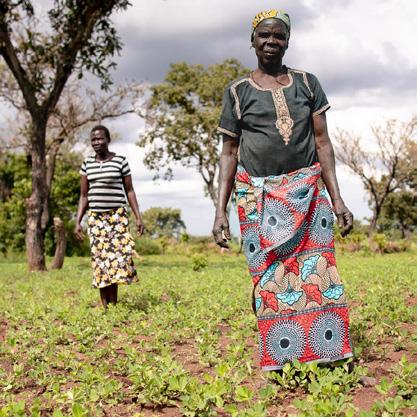
In May 2023, we broke ground on the construction of a new healthcare clinic in Kajo Keji, South Sudan - an area that has been devastated by the war, leaving it with barely any basic public services. The clinic will support 500 vulnerable patients every month, with a particular focus on disability care and neonatal, maternal and infant health.
On one of our first visits to Uganda, we met Modi, a young boy who lives in Palorinya refugee camp - one of the biggest settlements for displaced people in the country. Modi has special needs, and when we first met him, was severely malnourished, covered in sores, and, most shockingly, tied to a tree. His mother told us that this was the only way she could stop him from wandering off to search for food, and getting lost in the vast settlement. The image of Modi, lying alone in the dust, was a stark illustration of the extreme challenges being faced by people with disabilities in these communities: not only hunger and a critical lack of resources, but also extreme stigma and discrimination. We left fearing that we would never meet him again.
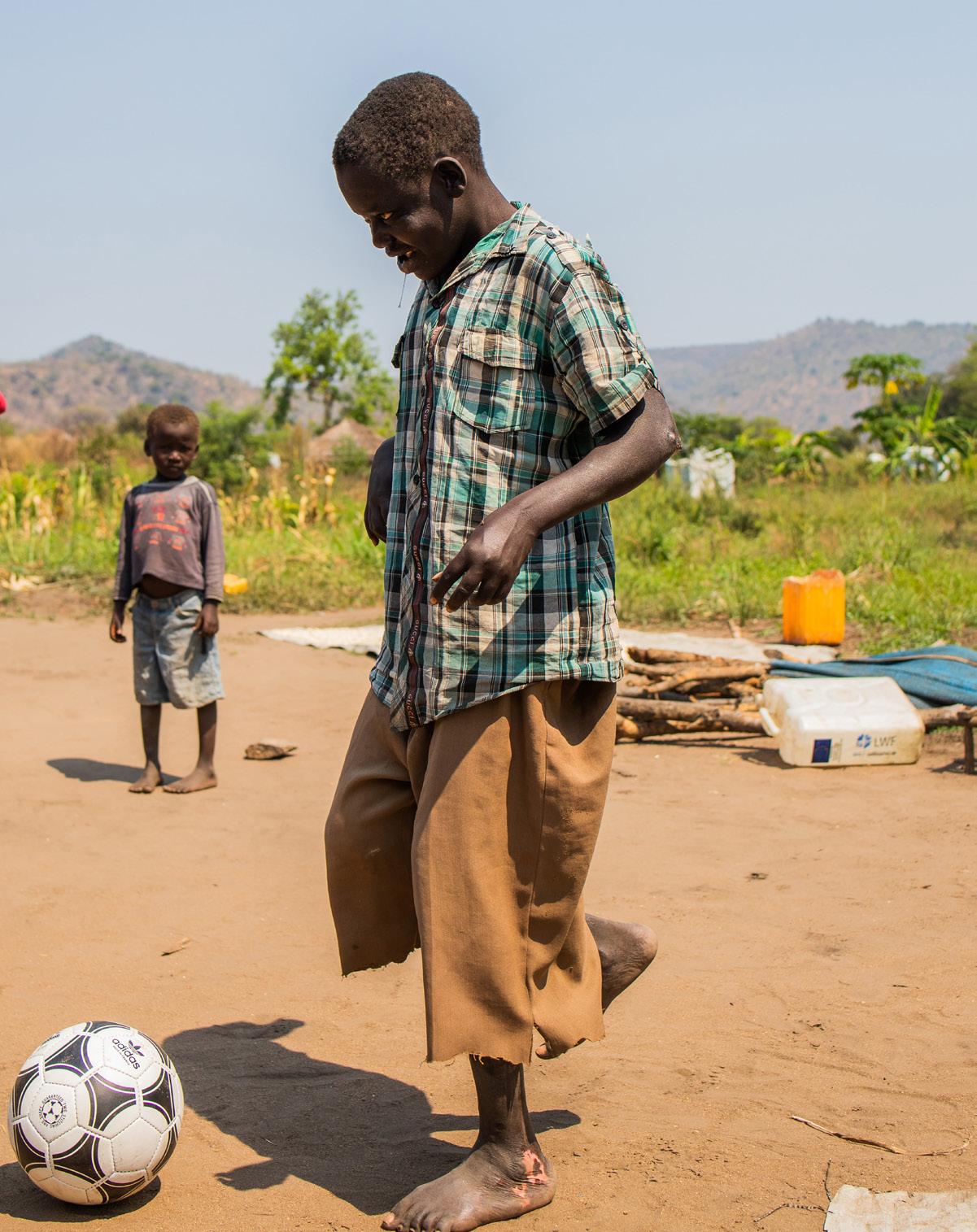
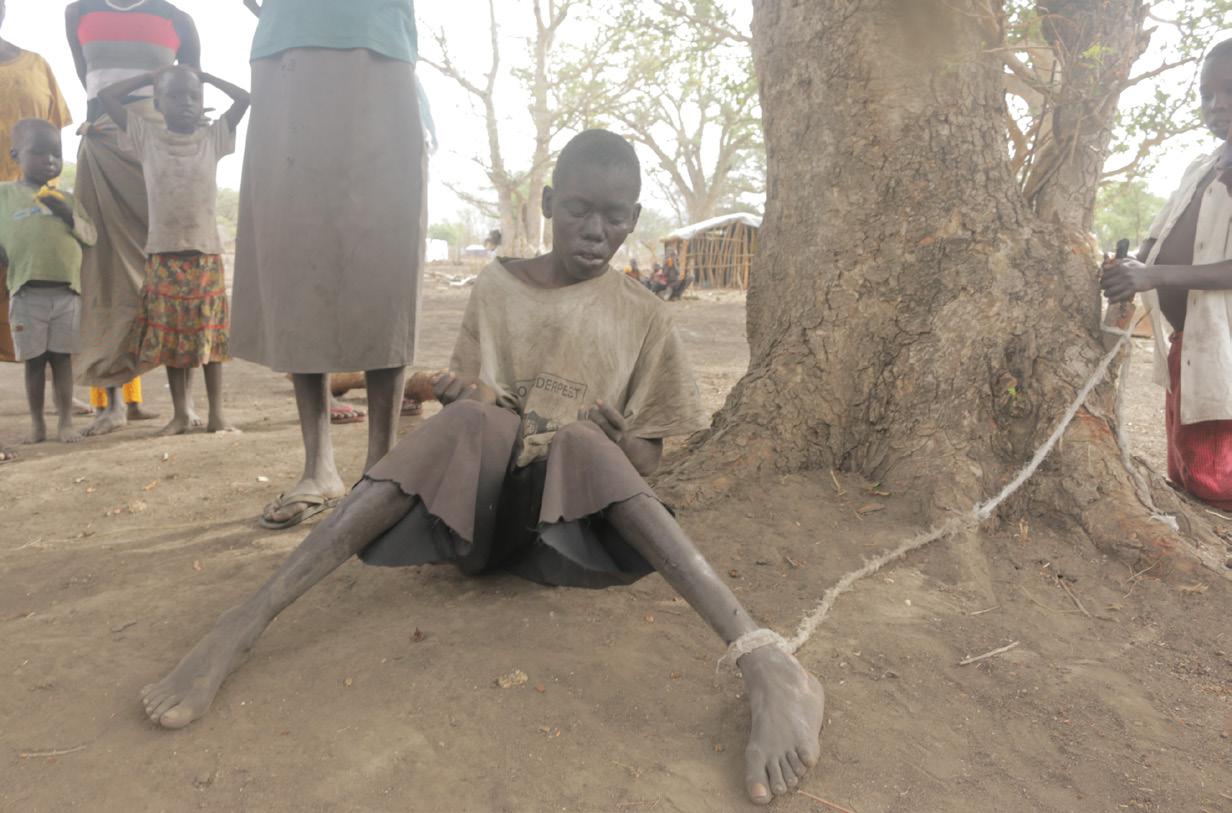
We began working in Modi’s community, providing families with emergency food aid, carrying out home visits to give support and advice to carers of children with disabilities, and providing education in the community to promote understanding and tackle stigma.
When we returned to visit a few months later, we were delighted to see Modi progressing. While he was still shy and had little self confidence, he looked healthier and stronger, and was becoming more vocal. His mother told us that he had stopped wandering off because he was less hungry, which gave her peace of mind. She told us: “Without your support, my son would be buried now”.
The next year, we revisited Modi’s house, but he was nowhere to be seen. We asked his mother where he was, and when she told us he was out playing football, we could barely believe what we were hearing. But, sure enough, Modi was out with other children, interacting and playing confidently. A few minutes later, he came in and happily shook our hands, looking us all in the eyes. He was unrecognisable from the child we had met tied to a tree a year ago.
Modi’s story demonstrates why the work we do at HHA is so important: why we must have hope that we can change even the bleakest of situations; why providing health is the first step – towards not only saving, but also transforming, lives like Modi’s; and the true impact of action –how a small intervention in a community can be transformative to that community’s outcomes, attitudes and understanding.
Without your support, my son would be buried now.
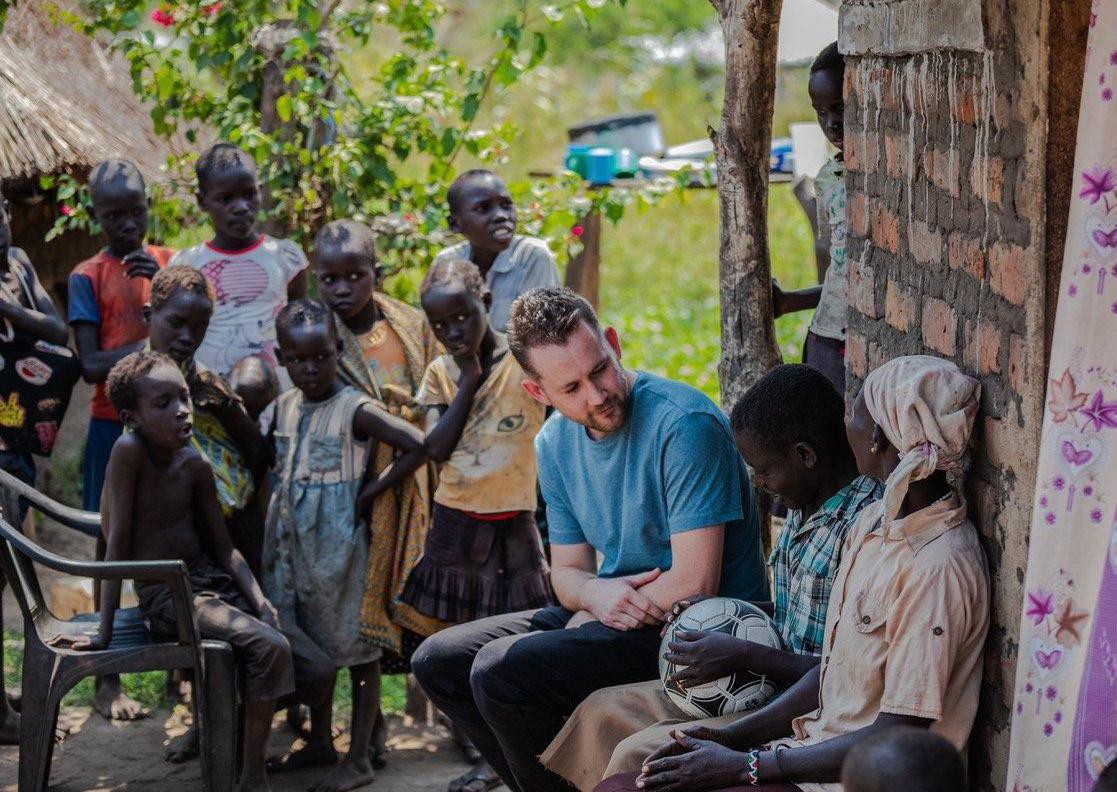

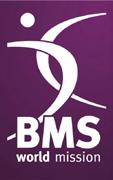
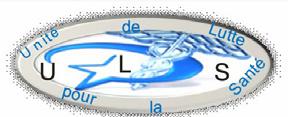









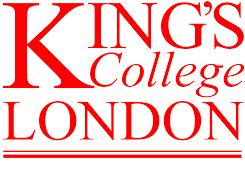
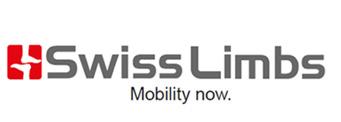



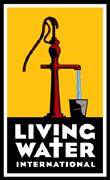

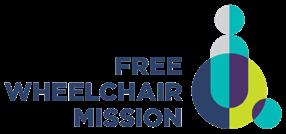
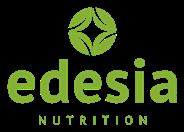


The work highlighted in this report has only been possible thanks to our amazing partners – working in collaboration with local groups and international organisations has always been at the heart of what we do. We are so grateful to all the organisations - both named and anonymous - that have helped us to develop and carry out our life-changing and life-saving projects.

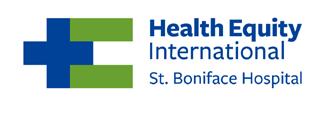
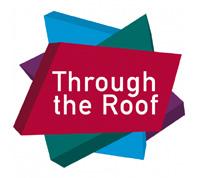




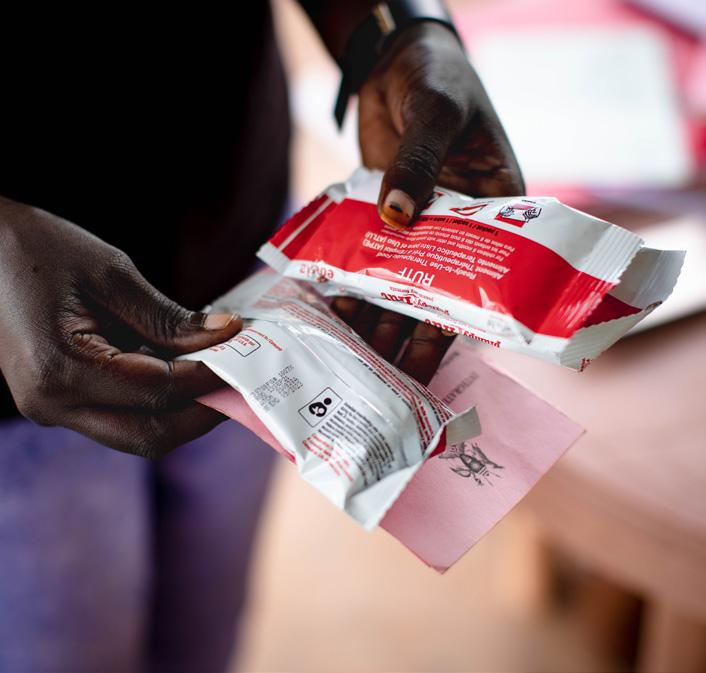
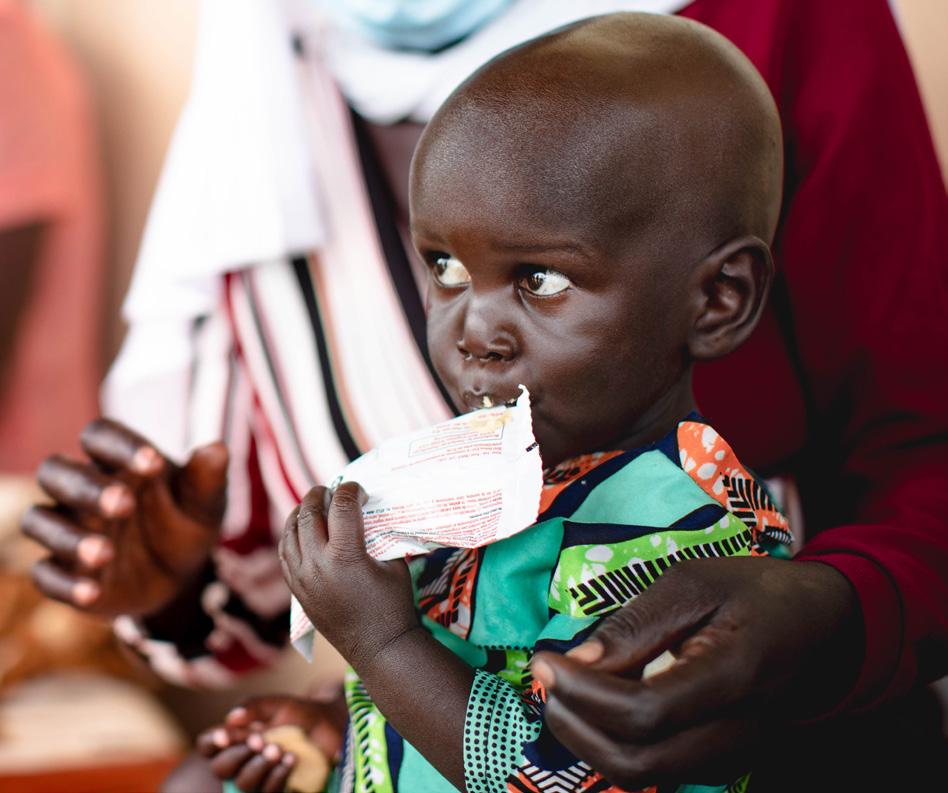
HHA is, and has always been, based on values of love, passion, and ambition – and nowhere is that better demonstrated than in our incredible community of supporters. We couldn’t be more grateful for the funds and awareness raised by individuals and groups that donate, volunteer, advocate, and take on crazy challenges for HHA.

Rob is a long-term HHA volunteer, having donated his time and skills in both Haiti and Uganda frequently over the years. On top of that, he has taken multiple teams on his personally designed fundraising expedition, the ‘3 Sleeps Challenge’climbing the three highest mountains in England, Scotland and Wales, and camping at the summit of each!

Over the last five years, the Favell Family have given HHA a series of major gifts that have enabled us to transform a school in Uganda, providing education to over 500 refugee children. Major gifts like this are invaluable, allowing us to plan ahead and commit to largescale projects that transform entire communities.
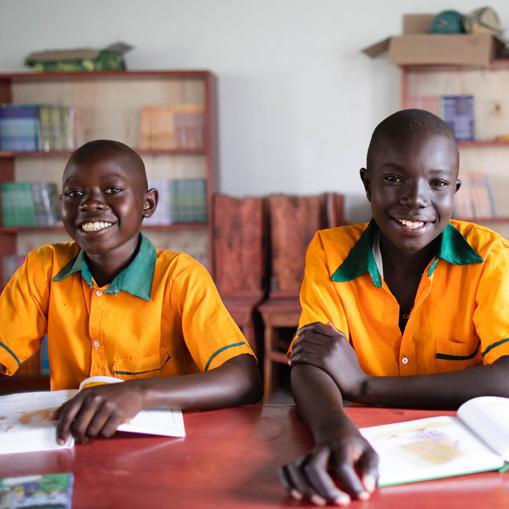
Inspired by her time volunteering at our respite centre in Haiti, Lesley chose to ask for donations to HHA instead of receiving presents for her 60th Birthday. She raised an amazing £620 – funds that helped us to provide care and education to children with disabilities at the centre, as well as crucial support to their families.
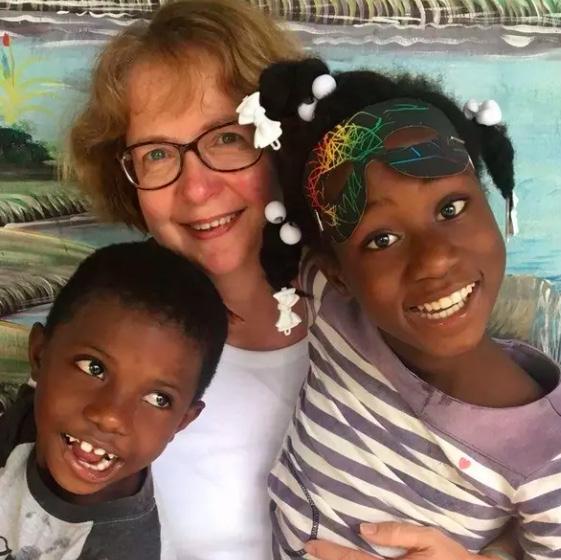
St John’s Hampton Wick have been a HHA Church Partner for many years. Through their fundraising, prayers and trips to our projects, they’ve had a huge impact: from championing our projects in Haiti, to faithfully encouraging us on our more recent East Africa dreams. The support of church communities like this gives us amazing momentum and strength.
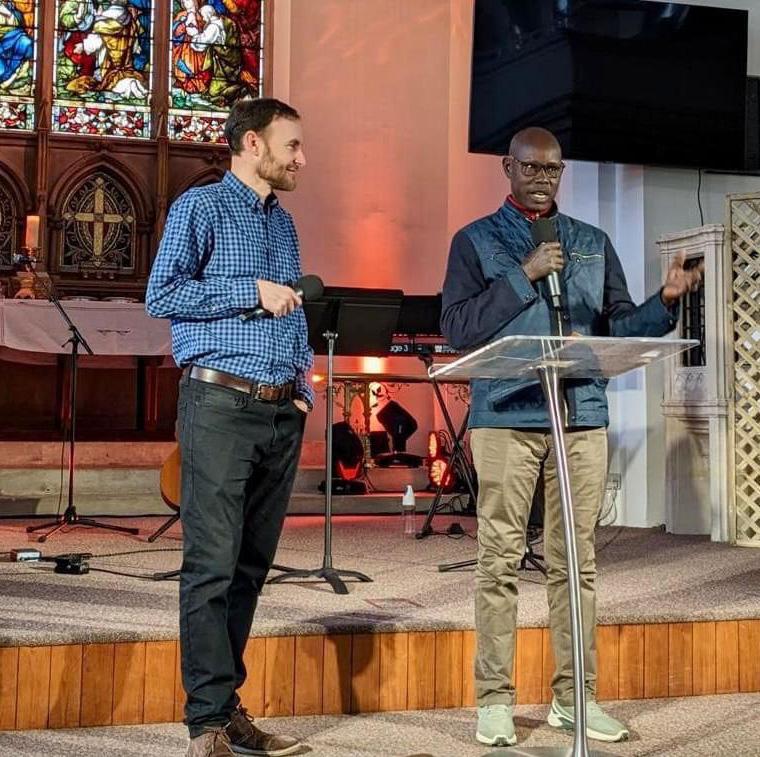
GET FUNDRAISING
– from marathons and bike rides, to bake sales and birthday parties, anything goes!
We can’t wait for 2023 and 2024, I believe more lives are going to be transformed. Huge credit to the donors – your support is providing smiles into the lives of beneficiaries, caregivers and the communities as well.
- Isaac Taban, East Africa Programme ManagerSPREAD THE WORD amongst friends, family, colleagues, and beyond
GIVE MONTHLY and provide us with valuable regular income, enabling us to plan ahead
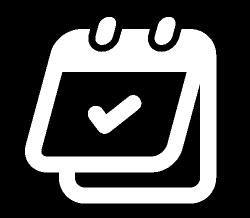



VOLUNTEER
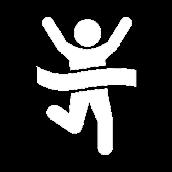
in the UK, US or overseas and donate your time and expertise to make a real difference
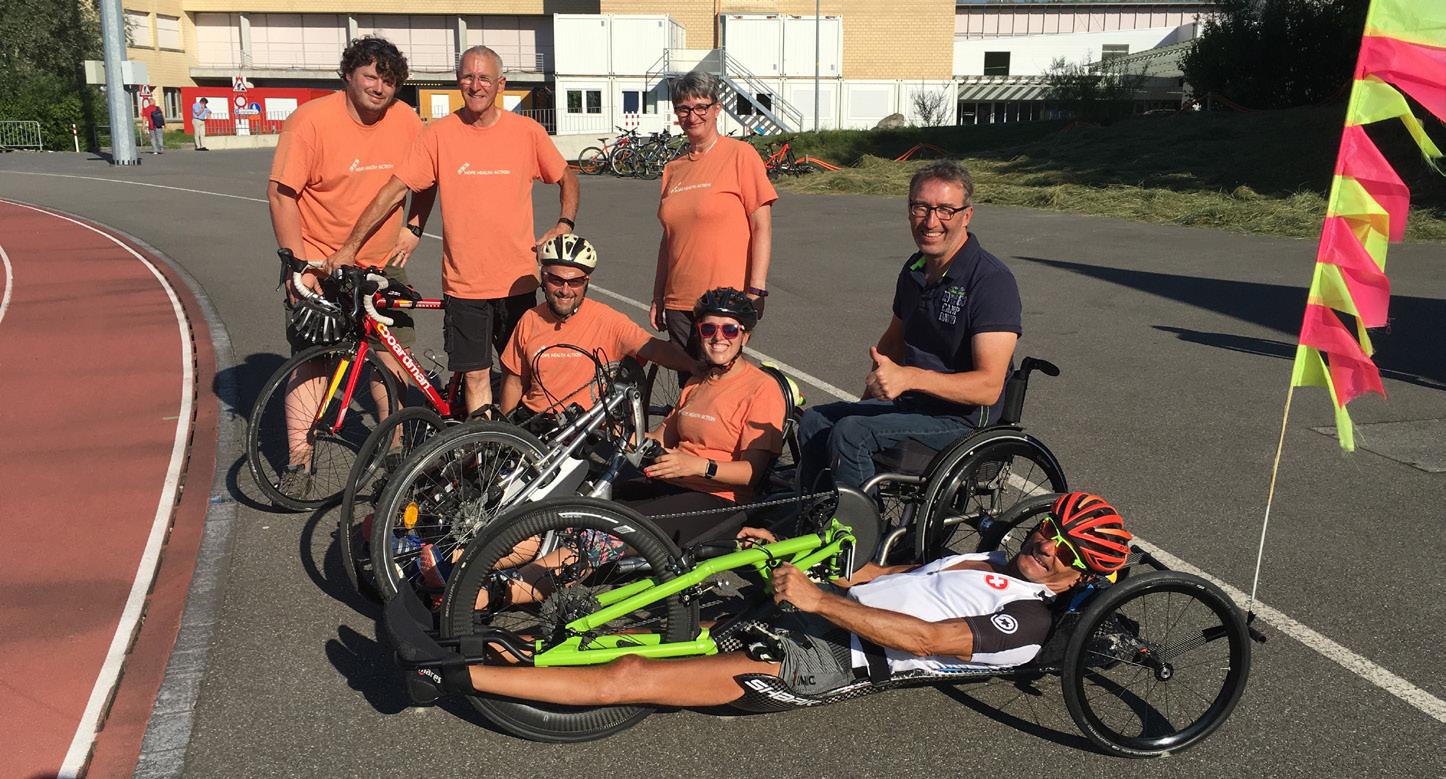
ATTEND AN EVENT to help us raise awareness and funds - and have some fun too!
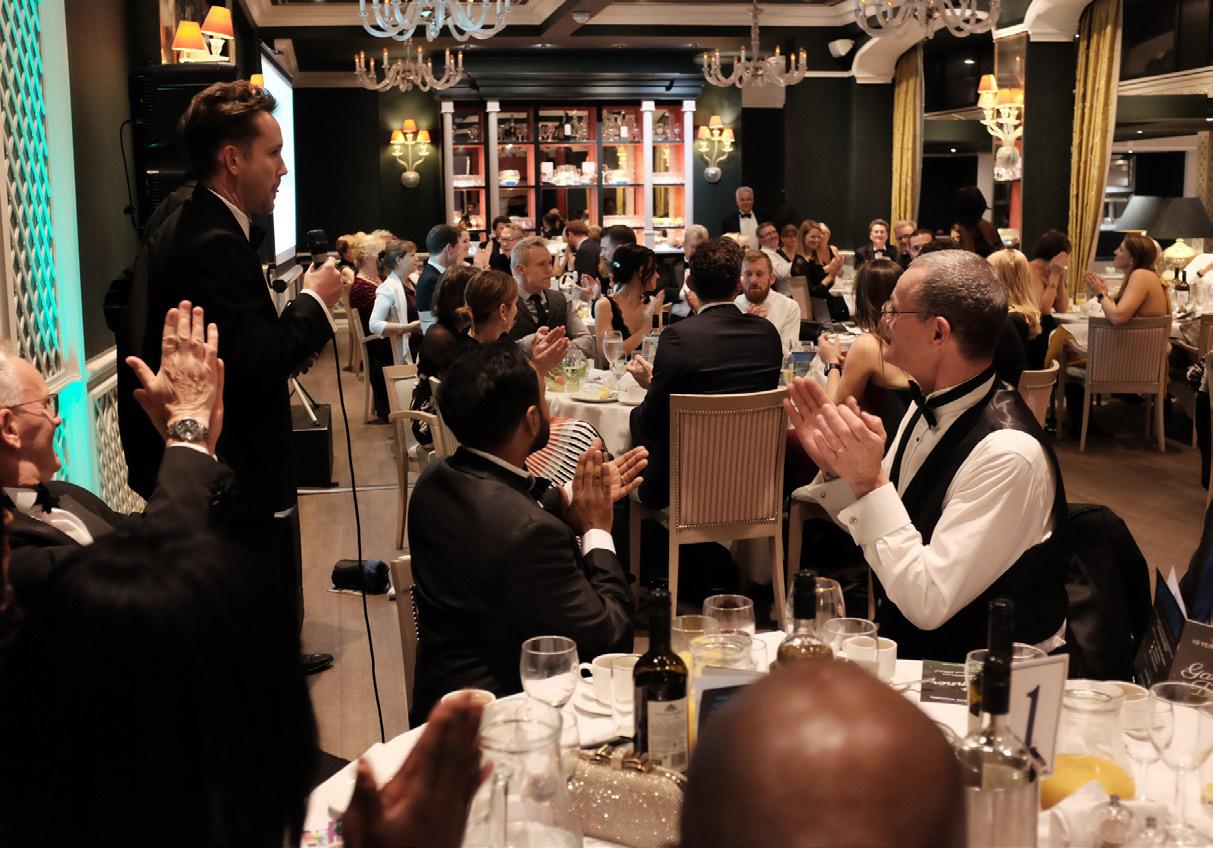
PRAY

that we can continue to provide compassionate support to the world’s most vulnerable
GIVE IN YOUR WILL to make a meaningful contribution to future generations
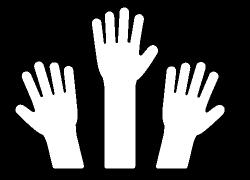
INVOLVE YOUR WORK through employee giving, Charity of the Year schemes, or match-funding

Do what is fair and just to your neighbour; be compassionate and loyal in your love.
- Micah 6:8Hope Health Action is a registered charity in the UK (charity number 1163642), the USA, Uganda and South Sudan.

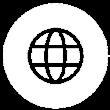

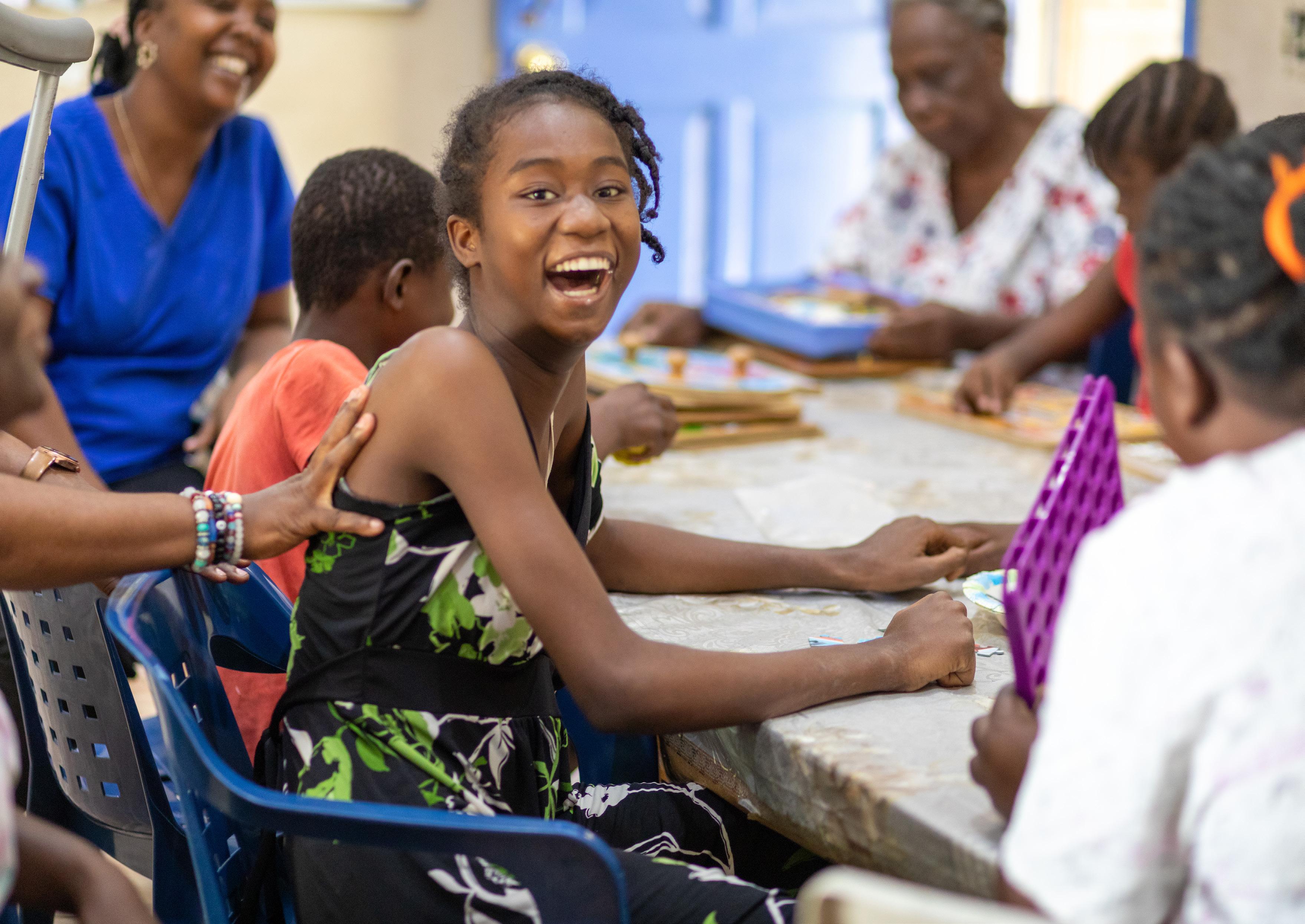
info@hopehealthaction.org
hopehealthaction.org
@hopehealthaction